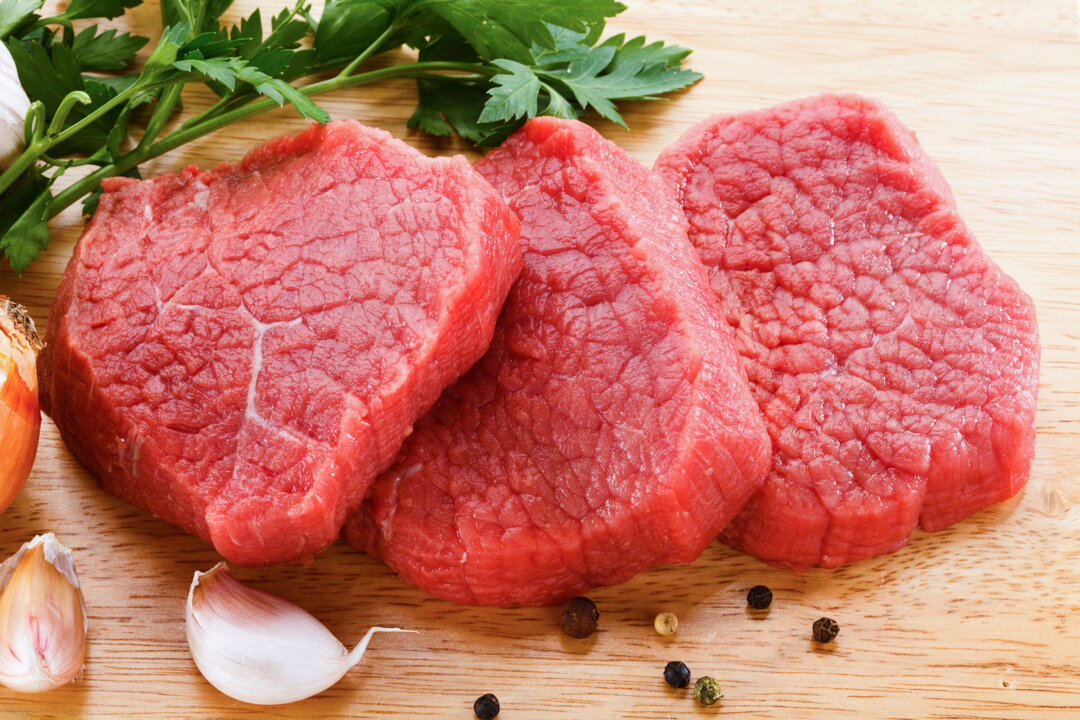Colorful fruits and vegetables are dietary superheroes—no doubt about that. But a growing number of experts are saying that forsaking all animal products could starve the brain of crucial nutrients. Both animal- and plant-based foods play a role in optimizing brain health, Shani La Grange, a registered dietitian, told The Epoch Times.
Fiber intake is as important as protein intake to encourage the production of serotonin, which is important for several body functions, including mood stabilization, cognition, learning, and memory, she added. Fiber found in plant-derived foods stimulates the production of short-chain fatty acids, which, in turn, stimulates the production of serotonin. A higher intake of plant-based foods could also promote a more anti-inflammatory effect, which could promote healthy brain aging and decrease the risk of certain conditions like dementia.

However, Ms. La Grange said that strict plant-based diets pose a risk of vitamin B12 and iron deficiency (if not supplemented), which could be detrimental to neurological and cognitive health and could impair cognitive functioning. Besides micronutrients, animal-derived fats and proteins are optimal for human physiology and structure, Dr.
Natasha Campbell-McBride, a medical doctor with postgraduate degrees in neurology and human nutrition, wrote in her book “Vegetarianism Explained.” Her research suggests that fat and protein are the primary constituents of the human body after water, serving as vital build.























